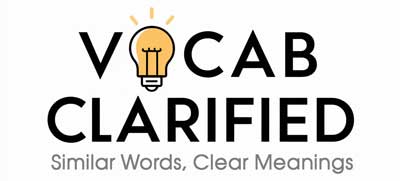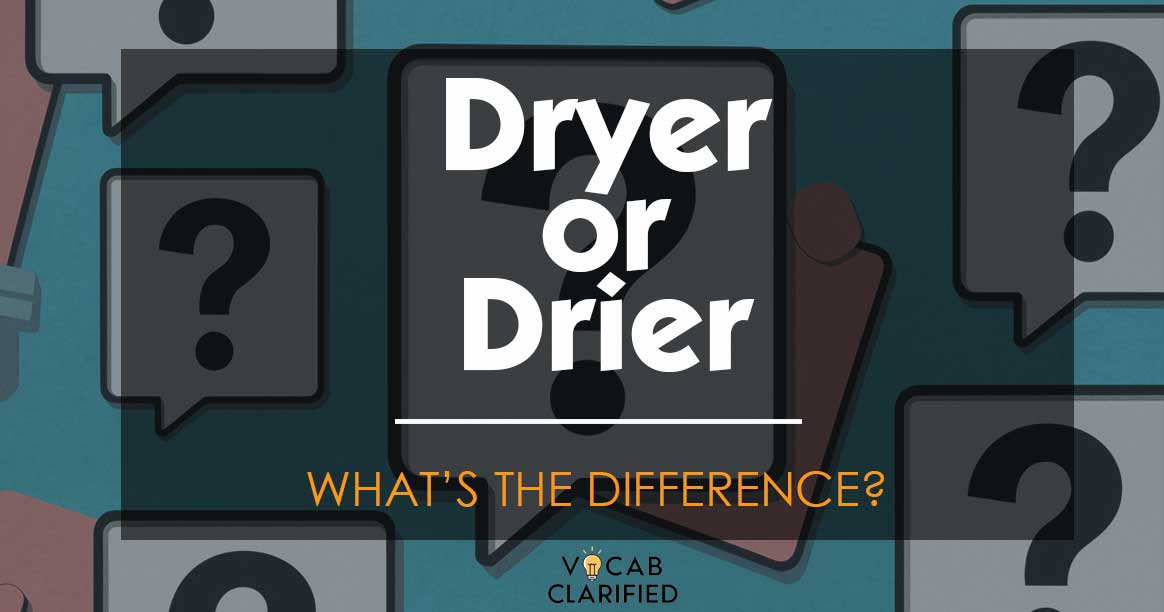Have you ever been in a conversation or writing an email and paused, wondering whether to use “dryer” or “drier”? It’s a common dilemma, especially since these two words sound the same but have different meanings and uses.
If you’ve ever found yourself confused, you’re not alone. In this article, we’ll break down the differences between “dryer” and “drier” and explain when to use each one, so you can confidently choose the correct term every time.
Understanding Dryer And Drier
Dryer: Definition and Usage
“Dryer” is a noun, typically used to refer to an appliance or machine that removes moisture from clothes, hair, or other objects. It is a piece of equipment that performs the act of drying.
For example:
- Example 1: “I need to put the laundry in the dryer before it gets wrinkled.”
- Example 2: “She used a hair dryer to style her hair for the event.”
Drier: Definition and Usage
“Drier,” on the other hand, is the comparative form of the adjective “dry.” It is used to describe something that has less moisture compared to something else.
For instance:
- Example 1: “After an hour in the sun, the towel was much drier than before.”
- Example 2: “The climate in the desert is drier than in the rainforest.”
Side-by-Side Comparison
To further clarify the differences and help you decide which to use, here’s a side-by-side comparison:
| Aspect | Dryer | Drier |
| Definition | A machine that removes moisture | Comparative form of “dry” |
| Common Usage | “She put her clothes in the dryer.” | “This fabric is drier than that one.” |
| Key Differences | Noun referring to an appliance | Adjective describing comparative dryness |
When deciding between “dryer” and “drier,” consider the context. If you are referring to a machine or appliance, “dryer” is the correct choice.
However, if you are comparing the moisture levels of two things, “drier” is the term you should use. Context is key, so understanding the role of each word in your sentence will guide you to the right choice.
Everyday Usage Examples
Here are some examples to illustrate how “dryer” and “drier” fit into everyday language:
- Dryer: “The clothes dryer broke down, so we had to hang everything outside.”
- Drier: “The weather has been getting drier as we move into the summer months.”
- Dryer: “He bought a new washer and dryer set for the laundry room.”
- Drier: “The air in the mountains is much drier than by the coast.”
- Dryer: “My hair dryer has multiple heat settings to choose from.”
- Drier: “I prefer drier wines that aren’t too sweet.”
Conclusion
In conclusion, “dryer” and “drier” may sound alike, but their meanings are distinct. Use “dryer” when referring to a machine that dries clothes or hair. Use “drier” when comparing moisture levels, indicating that something is less wet than another.
By understanding these differences, you can ensure that your writing is clear and accurate, avoiding any confusion.

